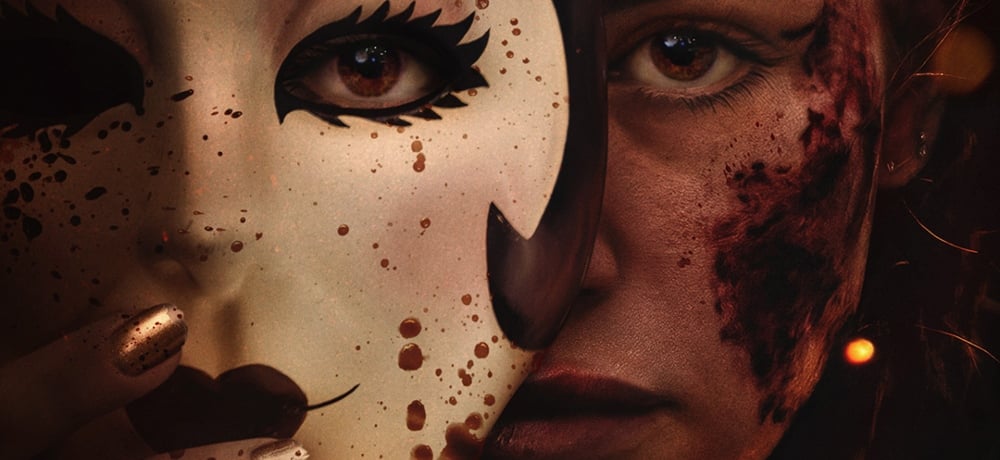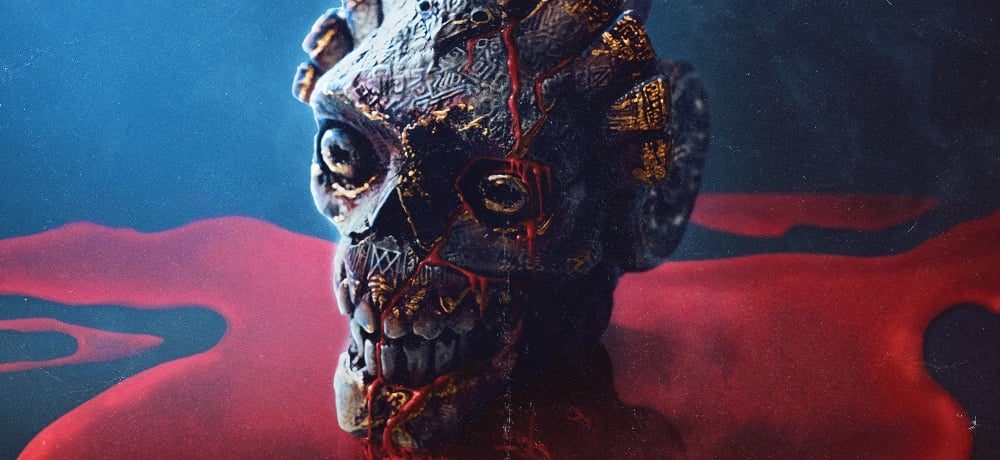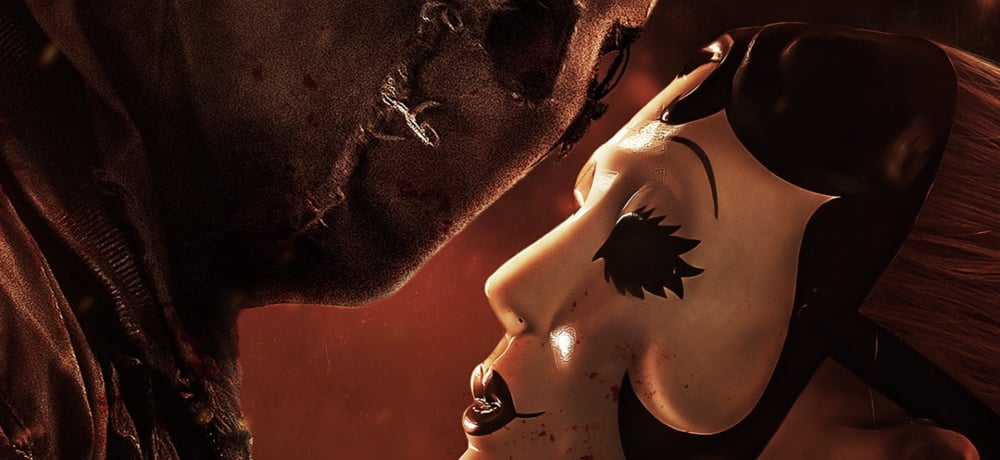





Over this past weekend, legendary filmmaker Takashi Miike (Ichi the Killer, Audition, Visitor Q, One Missed Call) celebrated the release of his 100th directorial effort, his big screen adaptation of Hiroaki Samura’s manga Blade of the Immortal. The story follows a young girl named Rin (Hana Sugisaki), who is seeking vengeance on the man who killed her father, the devious Anotsu Kagehisa (Sôta Fukushi). Rin hires the immortal warrior Manji (Takuya Kimura) to help her on her quest, and the two forge a deep bond on their travels, fighting off dangerous assassins, thugs, and mercenaries together.
While Miike was in Los Angeles this past Friday, Daily Dead had the opportunity to briefly speak with him, and we discussed his initial interest in adapting the Blade of the Immortal manga, the timelessness of his latest cinematic story, and whether or not he’s made plans for future projects after recently hitting 100 movies, which is no doubt an impressive directorial milestone. Look for Blade of the Immortal in limited theaters now, courtesy of Magnet Releasing.
Congratulations on Blade of the Immortal. It's right up there for one of my favorite movies of this year, and I loved the beauty of this story and this world, and the breathtaking violence to the film’s action scenes. I would love to hear about what it was with the original manga that you thought would translate well into this epic story for you to tell on the big screen.
Takashi Miike: This comes down to my own personal preferences, and what I'm drawn to. But I like to give respect to the original manga, and I'm also a fan of the original manga. But the original manga is, honestly, more violent than the film, and it's difficult to take the manga as is, without any modifications, and just make it straight into a film, because there's more violence, and there is more erotic content also. So, because you can't do that, you have to look at, "Okay, how are we going to do this?" A manga is a really interesting thing because if you just have a pen, you can create a manga. That's all you need, is literally just a pen. So I wanted to respect the vision of the manga artist, because that's incredible for one person to be able to do that.
There's an affection towards the characters, the strong characters in a manga. You may have some limitations when you're making a film to how much you can do with those. Of course, I am very free in the way that I create my films. My limitations come because maybe sponsors want it to be this way or that way. I ignore them completely, but somewhere in the depth of my heart, I'm still subconsciously thinking, "Okay, well, I want to make sure that I don't do this, or that that makes this person bad." I try to ignore them, but I move forward, and I try to create something that has that respect for the original manga, and I'm also a fan as well. So all of those things led me to create something that takes the best parts of the manga and puts them into a film.
Obviously, this story takes place in a completely different time, and yet, there is something about the way it handles violence and Rin’s pursuit for revenge that I thought was very timely for where our world is today. Was that conscientious to you as you were working on it?
Takashi Miike: Honestly, my intention is not really to accentuate the differences between our world and the world at that time. Of course, we're talking about a period that's very different, the world is different, relations between men and women are very different, ethics are different, society's very different. But there are some things that haven't really changed that much, and human suffering, and human fulfillment and happiness, are still in many ways very much the same. I didn't live then, and neither did any of the other actors, so we're trying to recreate this period piece based on, "Okay, this is what we understand people did and lived, what they did back then, the way they were and the way they lived and everything." But instead of making that the hard-and-fast rule, I like to take our current suffering, and our current circumstance in the way that we are today, and say, "Okay, how are we going to create a period piece while reflecting part of who we are today?”
So the whole story is the cycle of life. You're born, you live, you laugh, you're happy, you're sad, and then you go back to where you came from at death. That hasn't changed, and in many ways, we haven't actually progressed that much as humanity. So I'm kind of saying, "Why haven't we progressed that much? Why haven't we grown and progressed more than we have?" I'm not trying to mark a difference between the way the world was and the way it is now. I'm actually more trying to say, "Why haven't we progressed more?"
It’s an incredible achievement that here we are, celebrating your 100th film. What comes next? Are there 100 more in your future?
Takashi Miike: I'm really not that great at planning, so I try not to make it all about that. But for me, if I were planning everything very meticulously, I think that would almost be a disrespect to the movies I'm going to make. So I really want to just enjoy filmmaking right now, in the filmmaking process, and in the films that I'm working on, and just keep going with that. But there's also part of me that wants to go back to a previous time. Instead of moving forward, on and on, and progression and progression, almost, I want to digress, or regress, a little bit and maybe go back to something from before.
Then also, I want to try my hand at things I haven't tried before. I'd love to make a love story, just a pure love story. I'd like to try it. But I don't really want to create this hard and stiff plan that I have to stick to. I will just wait and see what movies end up coming into my life.
Red band trailer: